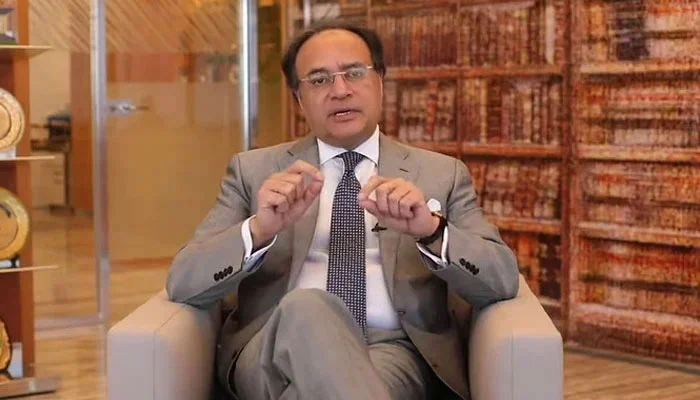Finance Minister Muhammad Aurangzeb has urged all stakeholders to build consensus on key economic issues, including a “charter of economy,” to achieve sustainable economic stability. Speaking in Punjab’s Kamalia city, Aurangzeb emphasized the importance of collective efforts to address the country’s economic challenges.
“We need to unite for the country’s sake on three or four key issues, including the Charter of Economy,” the minister stated, while highlighting the ongoing efforts to gather input from various stakeholders.
The call for collaboration comes as the government and the opposition PTI initiate negotiations to reduce political tensions, with the second round of talks scheduled for January 2. Meanwhile, Rana Sanaullah, the Prime Minister’s Adviser on Political Affairs, underscored the need for dialogue among political leaders, suggesting Nawaz Sharif, Imran Khan, and Asif Ali Zardari come together to resolve the prevailing crisis.
During his address, Aurangzeb stressed the need for self-reliant progress over reliance on foreign aid. “Our progress has been achieved through our own efforts,” he said, affirming plans to improve the economy by 2025.
The finance minister called for reducing interest rates to stimulate economic growth, acknowledging that sustainable economic stability requires patience and cooperation. “There is no instant solution; we need to work together,” he remarked.
Aurangzeb also emphasized the importance of inclusivity in decision-making, pledging to gather public suggestions. He criticized the tendency of policymakers to remain in the capital, instead advocating for active engagement with the public.
The minister highlighted agriculture and information technology as key sectors for development. “These sectors are in our hands, and we can develop them,” he said. He proposed involving the private sector to reform loss-making institutions, suggesting they either be shut down or handed over for private management.
On tax reform, Aurangzeb acknowledged flaws in the existing system and pledged to combat tax evasion while broadening the tax base. “Everyone must contribute to taxes,” he asserted, while promising to avoid placing additional burdens on taxpayers.


